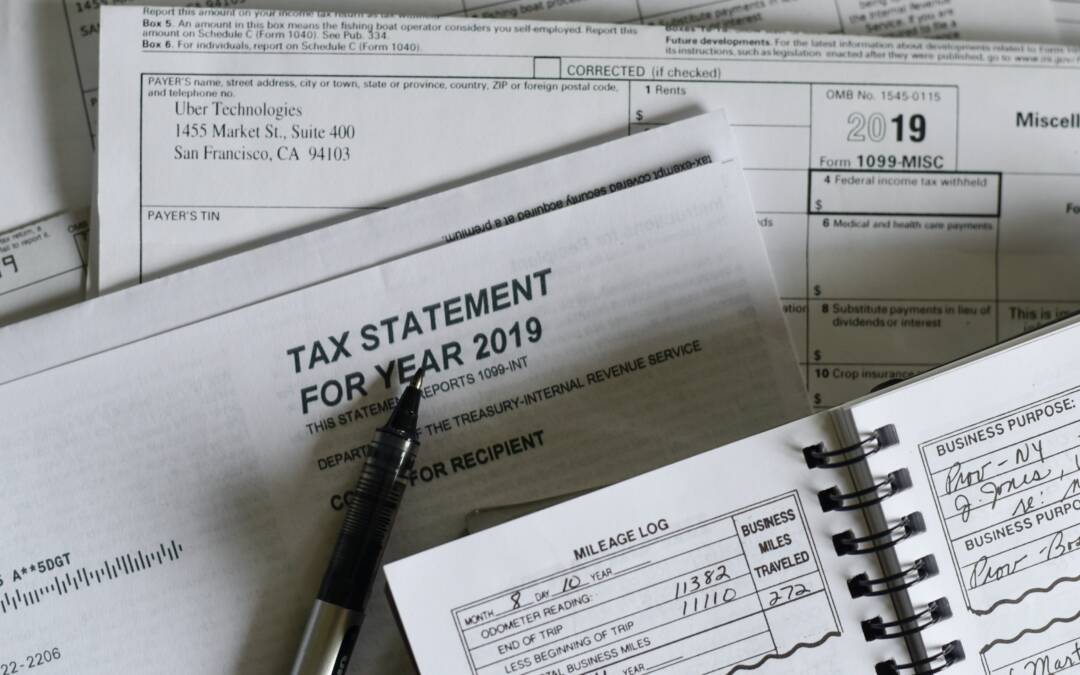Guest post by Zeev Fisher, founding partner of Fresh Portugal, an international law firm with an office in Lisbon that focuses on taxation matters for expats. (This post is NOT sponsored. We simply support businesses that makes our life easier)
As a tax lawyer and a partner in an American-British firm, when I moved to Portugal, I was expecting to be able to get some advice from a local expert and clearly figure out how taxes will work for my UK/US income streams.
4 or 5 so called “experts” later, I realised that the concept of a tax expert is somewhat non-existent in Portugal in the way that I am familiar with it. From high street accountants who just make things up to lawyers who deal with tax, but also property, immigration and a handful of other things, whatever information I get does not survive my own scrutiny – when I read the law, I get a different outcome.
This led to the creation of Fresh Portugal, now the leading expat tax firm in Portugal. We have 7 tax lawyers (5 of them qualified in Portugal), an accountant and hundreds of clients who regularly rate us as the best firm around. We have launched Joana the tax bot for free pre-arrival tax advice and it has been used by nearly 1,000 times and we have already saved expats millions of Euros.
But this was all in 2022. In 2023, we focus on helping expats file their tax returns.
Filing a tax return in Portugal correctly for people who have foreign incomes is nearly impossible, because the IRS form (Modelo 3) has income classifications that have nothing to do with the income streams that most expats actually have.
The Modelo 3 has employment income, self-employment income and capital income, but it offers no guidance how, for example, an income from an American LLC should be classified.
Additionally, the Modelo 3 distinguishes between foreign-sourced income and Portuguese-sourced income, but again, offers no guidance on what on earth does foreign-sourced mean. Interpreting “foreign source” is a subject to many debates, rumours and frustrating discussions.
Finally, the form is extremely confusing. Income should be added in appendices with foreign sourced income being a different appendix and a separate appendix needs to be completed to claim exemptions and reductions of taxes.
The local consulting industry, generally speaking, doesn’t know how to classify income or what foreign-sourced really means. They cannot be blamed – these terms are highly complex. For example, for employment income, the source of the income is where the work was done, but for royalties, the source is where the payer is. Understanding sourcing requires digging in to complex international legislation and double taxation treaties and the outcomes are often counter-intuitive.
So after our bot had such a success, we set out to create a tax calculator and tax filing software. Early this year, we proudly launched Mytaxes.pt. Mytaxes is an NHR tax calculator that offers a simple interface for expats to enter income by using categories they know and understand, in English, and simply. Simple explanations are offered throughout the process to explain points of grey areas and uncertainties and guide the users to make informed choices.
Behind the scenes, complex heavy-lifting calculates the anticipated taxes, classifies the income and eventually, our team puts it in the right categories in the Modelo 3.
The calculator on Mytaxes.pt is completely free. The tax filing service is a paid service that includes tax consultation and is offered by our firm in an affordable price that falls well under the normal costs of international tax firm advice.
We invite you to try Mytaxes.pt. We also offer a free quick meeting to explain it (but not a tax advice meeting) to people coming from Hyggejourney!




This is a very important topic for most expats and immigrants!